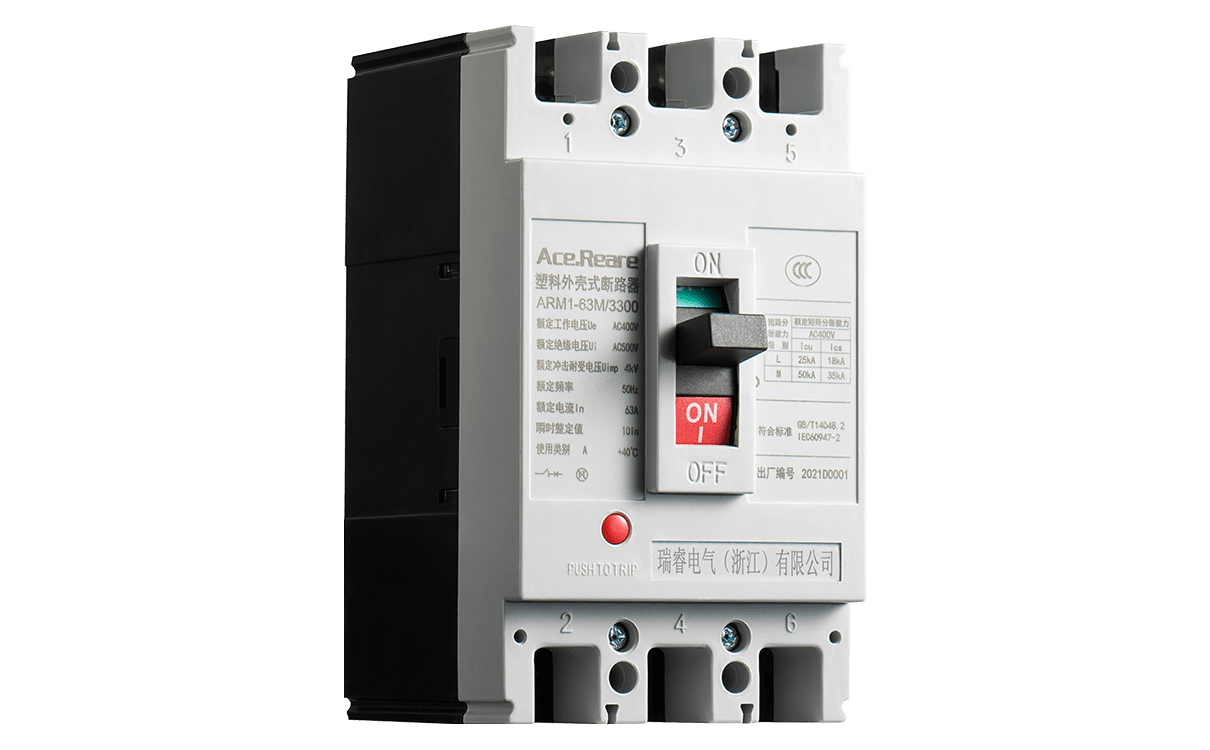
Date | 2023-02-20 15:55:56
As a manufacturer of DC molded case circuit breakers, it is important to have a deep understanding of these critical components. DC molded case circuit breakers play a vital role in ensuring the safety and reliability of electrical systems, as they protect against overloads, short circuits, and other electrical faults.

What is a DC Molded Case Circuit Breaker?
A DC molded case circuit breaker is an electrical switch designed to protect an electrical circuit from damage caused by overcurrent, short circuit, or ground fault. It is called a "molded case" breaker because the plastic case is molded around the internal components, which helps to prevent damage from dust, moisture, and other environmental factors. DC molded case circuit breakers are specifically designed for use in direct current (DC) circuits, which are commonly found in renewable energy systems, telecommunications, transportation, and other industries.
Advantages of DC Molded Case Circuit Breakers
One of the primary advantages of DC molded case circuit breakers is their ability to interrupt high currents in a short amount of time, which can help prevent damage to equipment and reduce the risk of electrical fires. They are also compact and lightweight, which makes them well-suited for use in applications where space is limited.
Another advantage of DC molded case circuit breakers is their ability to withstand harsh environmental conditions. They are designed to operate reliably in temperatures ranging from -40°C to +85°C and can be used in both indoor and outdoor applications.
Factors to Consider when Designing DC Molded Case Circuit Breakers
There are several factors that manufacturers should consider when designing DC molded case circuit breakers. These include the maximum voltage and current ratings, the interrupting capacity, the speed of operation, and the type of tripping mechanism.
It is also important to consider the application and environment in which the circuit breaker will be used. For example, if the circuit breaker will be used in a marine environment, it may need to be designed to withstand saltwater corrosion. If it will be used in a telecommunications application, it may need to meet certain industry standards for electromagnetic compatibility (EMC) and safety.
Conclusion
As a manufacturer of DC molded case circuit breakers, it is important to understand the advantages and limitations of these critical components. By taking into account the various factors involved in their design and application, manufacturers can ensure that their circuit breakers meet the needs of their customers and provide reliable protection for electrical systems.